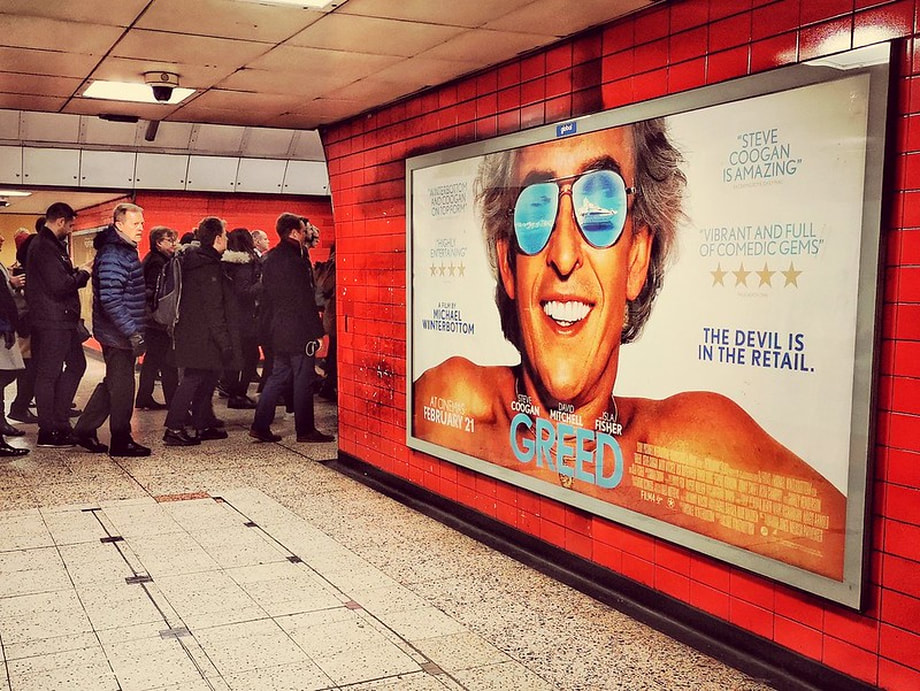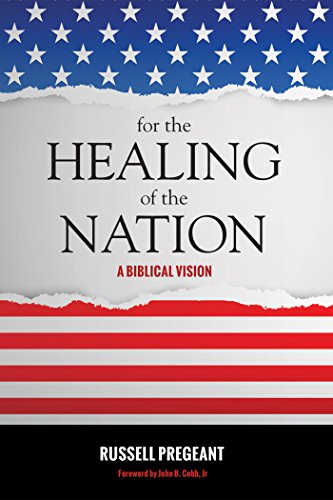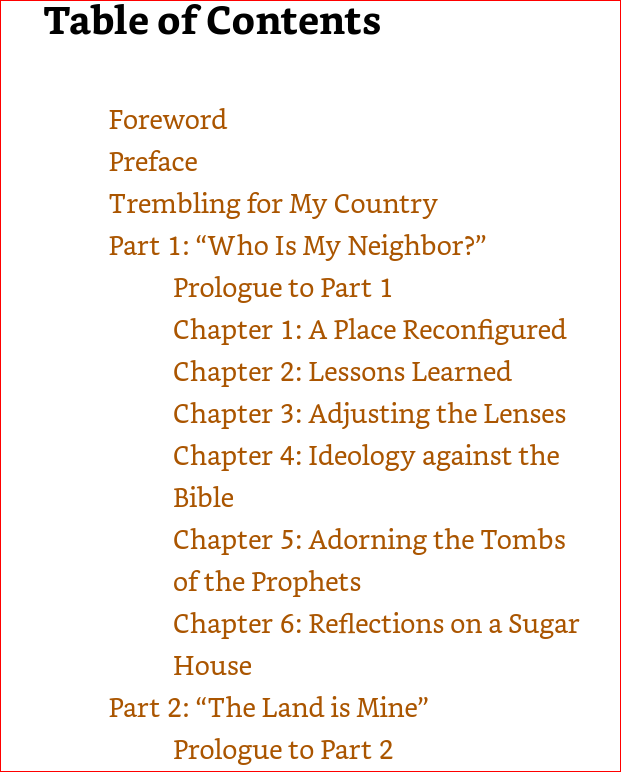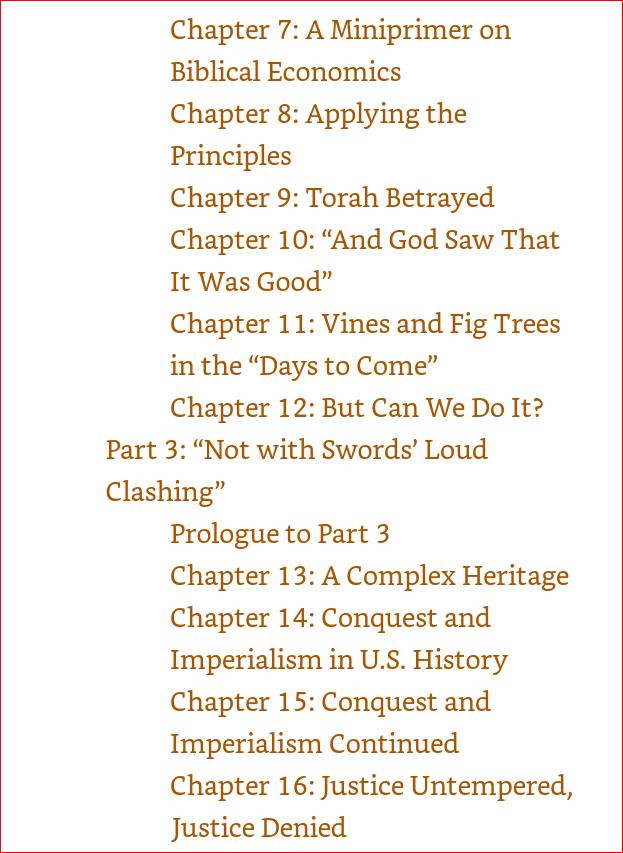- Home
- Process Worldview
- Community
- Art and Music
- Whitehead and Process Thinking
- Podcasts
- Spirituality
- Ecological Civilization
- Education
- Contact
- Social Justice
- Science
- Animals
- Sacred Poems
- Whitehead Videos
- Index of All Titles
- Practicing Process Thought
- Process Spirituality: A Spiritual Alphabet
- Recent Posts
Bad Patriotism and Good Patriotism
In the video above Russell Pregeant suggests that there are three kinds of patriots, two bad and one good. On the bad side are uncritical lovers who see only what is good about the country and loveless critics who see only what is bad. On the good side are good patriots who love their nation and have a lover's quarrel with it.
As a biblical scholar Pregeant is trying to be a good patriot and encourage us, his readers, to strive toward the same. His book is addressed to people of biblical faith who want to use a biblical ethic as a standard for assessing America's moral health.
I, too, want to be a good patriot. I want to appreciate what is good about America and be honest about what is bad. For my part, I appreciate America's diversity, its spontaneous spirit, its ideal of democracy, and its dream of becoming a nation of beloved communities. While not a Catholic, I speak of myself as a Pope Francis Christian, because the social teachings of Pope Francis are, for me, normative of what it looks like to be a Christian in America. I yearn for a more compassionate and community-minded America where no one is left behind, and where, even in politics, the ideal of love reigns.
If a more loving America is to emerge, we Americans can be grateful for what is good in our country and also honest about our sins, too. We must be honest about the ways in which politicians now seduce us into hiding from our idolatries, all in the name of "patriotism." For me, the matter is very personal. Some of my friends and family members hide from the nine American idolatries Pregeant identifies. I'm sure I do, too. We wrap Jesus in an American flag, hiding from our sins.
I do not want to say that these idolatries are the whole story. But I do want to say, with Pregeant, that unless we face them squarely and repent from them, we are a very sinful nation, by no means worthy of the prince of peace. Our nation needs healing.
- Jay McDaniel
Nine American Idolatries
1. that punishment is more important than rehabilitation and that mercy is incompatible with justice;
2. that it is natural and just for one class of people to rule over others;
3. that our nation is innocent of conquest and imperialism, or that a righteous nation such as ours is divinely commissioned to pursue such policies;
4. that the market should be our master rather than our servant and that it can solve all problems;
5. that the resources of the earth are inexhaustible, that climate change is a hoax, and that human beings have the right to do with the land whatever they wish;
6. that there is no poverty in our country, that the poor have created their own lot, or that the very policies that create poverty can somehow eradicate it if we just pursue them long enough;
7. that extreme inequality does not exist or is inevitable, or even that God has ordained it;
8. that the race problem in our country has been solved, or that it is the oppressed rather than the oppressors who are to blame for the current unrest;
9. that we can continue with our current practices in human relations, economics, consumption, and crime and punishment without courting disaster."
Pregeant, Russell. For the Healing of the Nation: A Biblical Vision (p. 300). Cascade Books. Kindle Edition.
The Great Seduction
"No wonder, too, that so many leaders and people of our own nation today are so easily seduced by the promises our contemporary idols make. Throughout this book I have tried to show how wealth, power, privilege, race, and Zealous Nationalism have worked together to lead this nation astray, breeding injustice at home and imperialism abroad.
In the final chapter we have seen how adherence to a rigidly defined moral order, often claiming biblical support, can foster gross injustice. And perhaps its most deceptive trait is that it fosters a self-righteousness that discourages the self-examination we so desperately need. It convinces us that all is well when there is in fact much in our nation that is very wrong. Or, perhaps more often and more insidiously, this self-righteousness tells us that it is precisely the attempts to do justice and exercise mercy that are our problems."
Back to the Bible
"When Joshua asked the Israelites to choose between false gods and the God who led them out of slavery, he identified some of the idols as those their ancestors once worshiped. What he asked of the people, however, was not a rejection of their entire heritage. He asked them, first of all, to choose between two elements in their past—on the one hand, the idolatry of those who came before the call of Abraham; on the other, worship of the God who called Abraham and who gave them a land of their own. He also asked them to choose between that God and a new set of idols, the gods of the land where they now dwelled. Our choices are similar. There are elements in our American heritage that reflect what is best in the biblical tradition, but there are also destructive elements that run counter to the highest ideals we profess. And there are even more destructive possibilities that we have not as yet pursued but are in danger of embracing. The choice we make will determine our future. It will determine whether the United States will move toward a truly just society, will descend into totalitarianism, or will simply stagnate and fall apart. It will also determine whether this nation will play a positive role as example and peacemaker in the world at large or will be a hindrance to international cooperation in the creation of a just and sustainable world economy."
Pregeant, Russell. For the Healing of the Nation: A Biblical Vision (p. 301). Cascade Books. Kindle Edition.
Pregeant, Russell. For the Healing of the Nation: A Biblical Vision (p. 301). Cascade Books. Kindle Edition.
About Russell Pregeant
Russell Pregeant is a retired professor of religion and an ordained minister in the United Methodist Church. He taught at Curry College in Milton, Massachusetts for many years, where he also served as Chaplain. In addition, he was frequently Visiting Professor in New Testament at Andover Newton Theological School. Prior to his teaching career, he was Associate Pastor at Rayne Memorial United Methodist Church in New Orleans. His main fields of interest are New Testament theology and ethics, religion and politics, and process theology. A native of south Louisiana, he enjoys cooking Cajun and Creole dishes such as gumbo, crawfish or shrimp etouffee, jambalaya, and fish courtbouillon. As a boy, he became enamored with jazz by listening on the radio late at night to the New Orleans Jazz Club, and he likes to compare theological thinking, biblical interpretation, preaching, and the process of passing on religious tradition to the improvisation involved in both jazz and cooking. He now resides in Clayton, Georgia, with his wife, who is also an ordained minister the the UMC.



